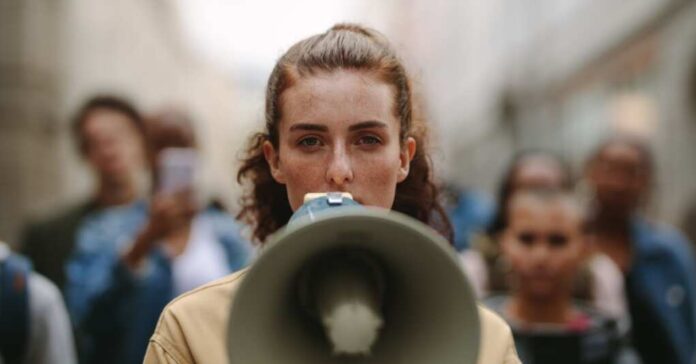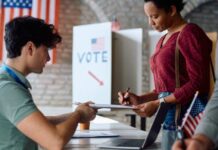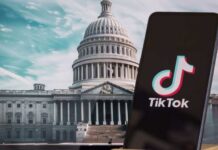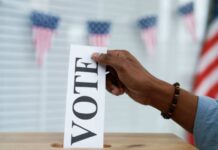
Everyone knows about the First Amendment, right? You know, our right to protest and petition the government and, of course, our right to free speech.” But apparently, not everyone knows what it actually means.
Based on today’s “peaceful” protests, you might gather that the First Amendment gives you and me the right to basically do as we please when it comes to protesting for anything we don’t like.
You’ve seen it. People stand, sit, or even lie down in the middle of busy streets. They shut down traffic. The close roadways. Sometimes they say nasty, hateful things. They might get pushy, shoving those around them. They throw things, blow up cars, light fires in buildings, etc.
The list goes on and on.
And for whatever reason, city officials lump it all together as one mostly “peaceful” protest, leaving residents, businesses, and city personnel to pay the real price.
But as it turns out, most of what I described above isn’t lawful in the least, not even the blocking city streets part.
You see, the right to protest is not absolute. Neither does the freedom of the press mean that you can’t be held liable for your words.
Thanks to more recent and legal social media “censorship,” we’ve learned that, especially when it comes to public forums, places, or groups, you can’t just say whatever you want. You can get kicked out of groups, off of platforms, and even sued in a courtroom for word said.
Similarly, protesting is not a free-for-all. And anyone who has actually been involved in organizing a protest is likely to know this. For starters, most cities have a rule or law that requires groups to apply for and obtain a permit to protest on city grounds. Additionally, these permits typically limit protesters to certain places, times, and actions.
At the very least, “peaceably” assembling maintains that protesters must obviously not become violent but also not engage in any other law-breaking actions. And that includes blocking streets.
I don’t know anywhere in the US that doesn’t have a traffic law or violation regarding blocking streets, whether you are on your own feet or in a vehicle. And this means you can and should be arrested for doing so.
In Florida, we drag these people out of the road and arrest them. pic.twitter.com/XU6ZUUf9xX
— Bryan Griffin (@BryanDGriffin) April 15, 2024
In summary, the First Amendment means you have the right to protest and voice your concerns. But it doesn’t mean you can disregard the laws doing so.











